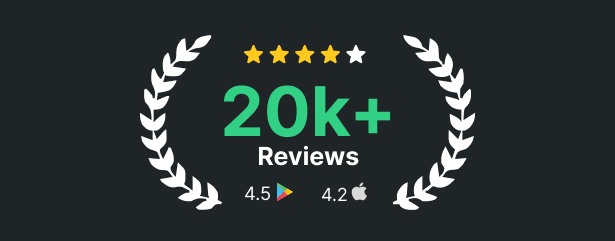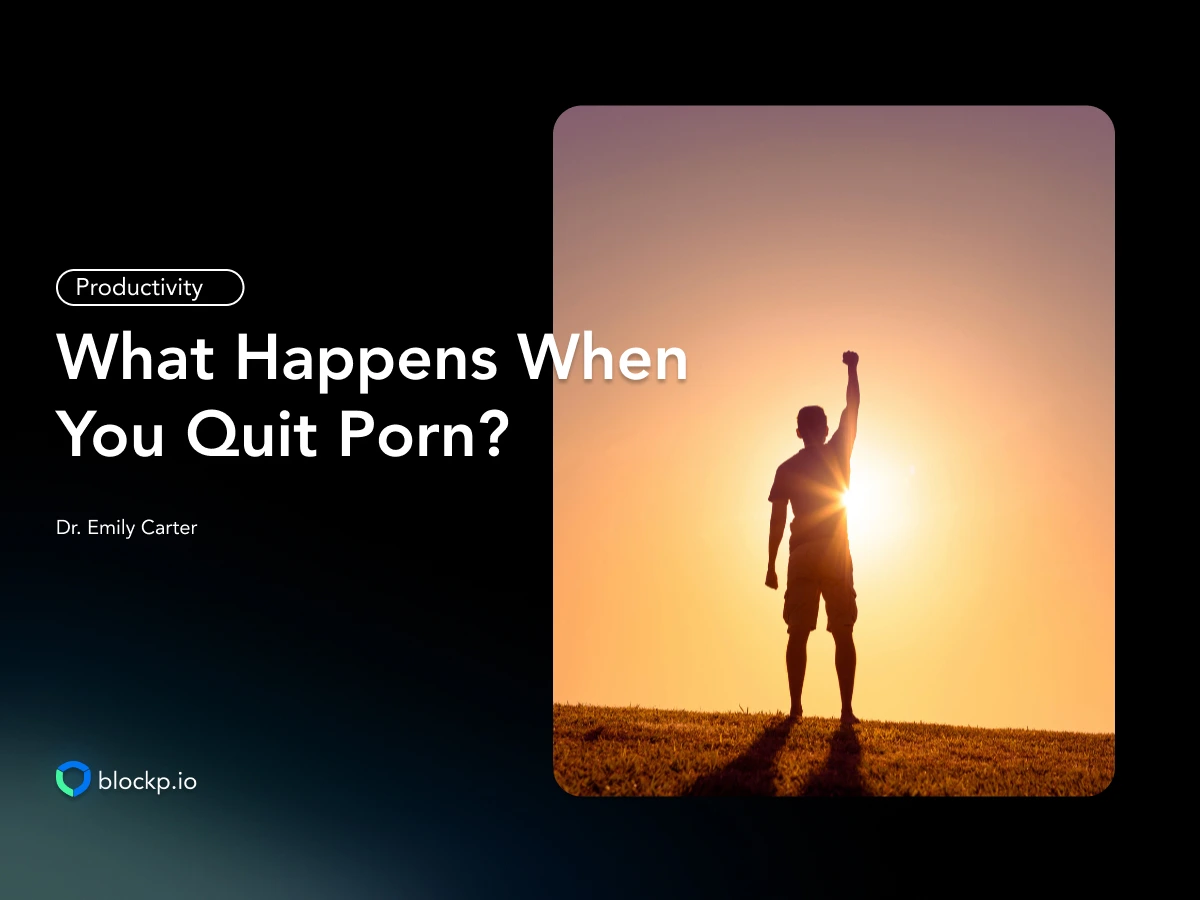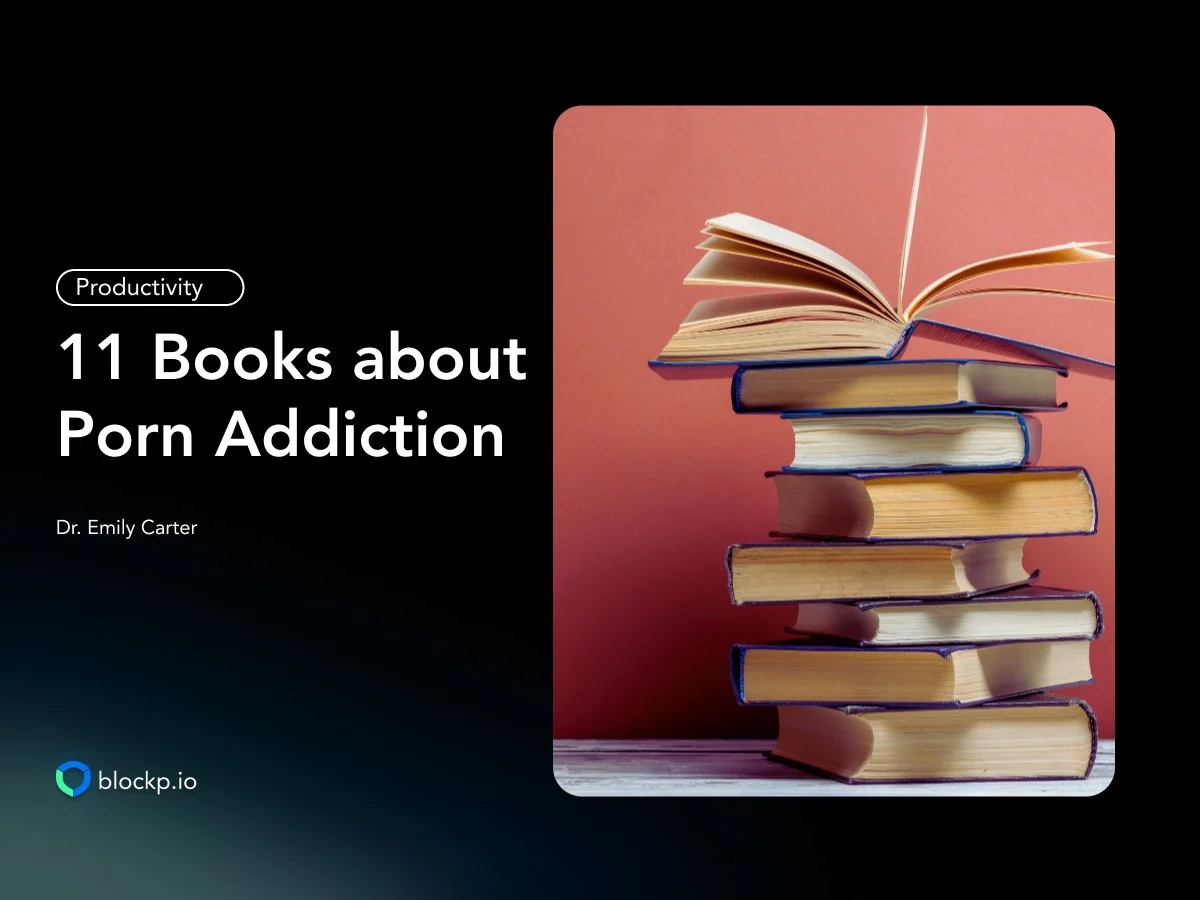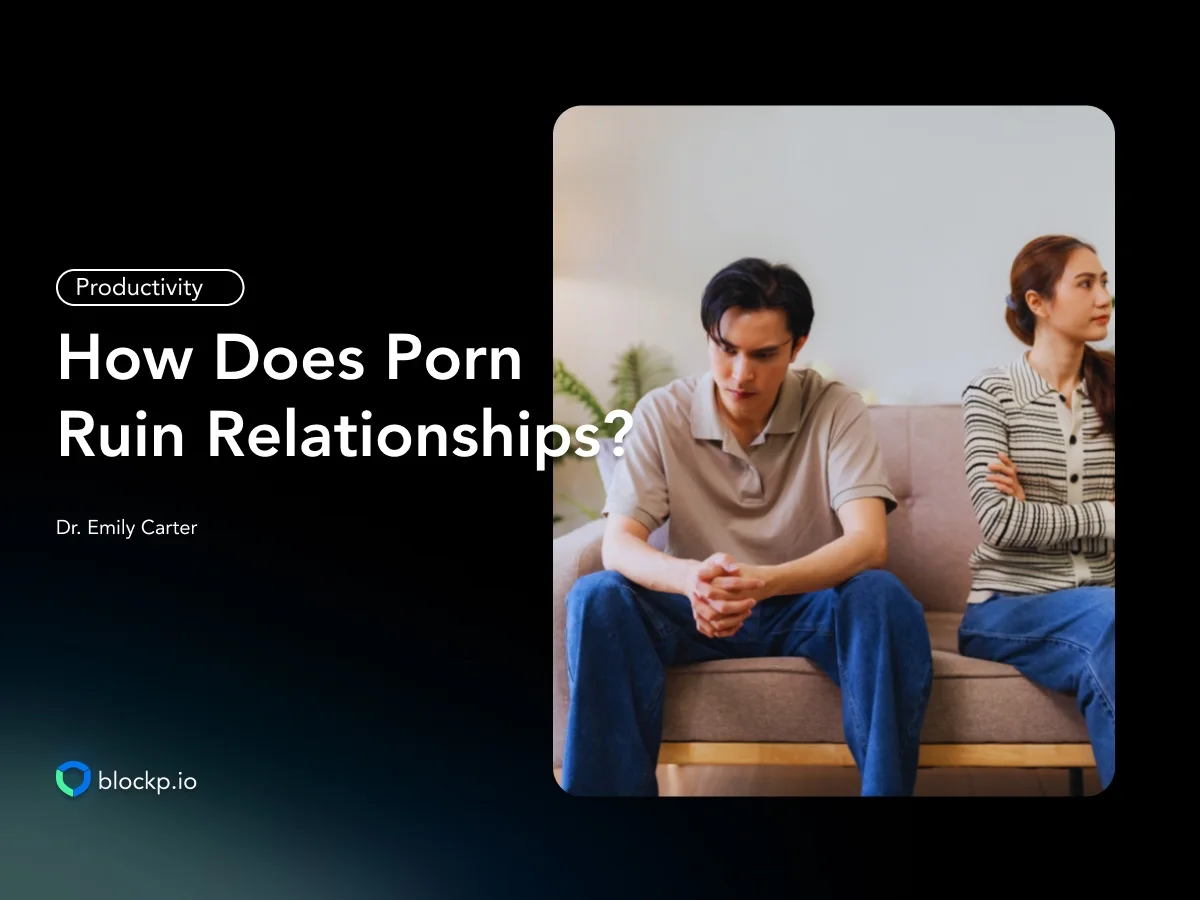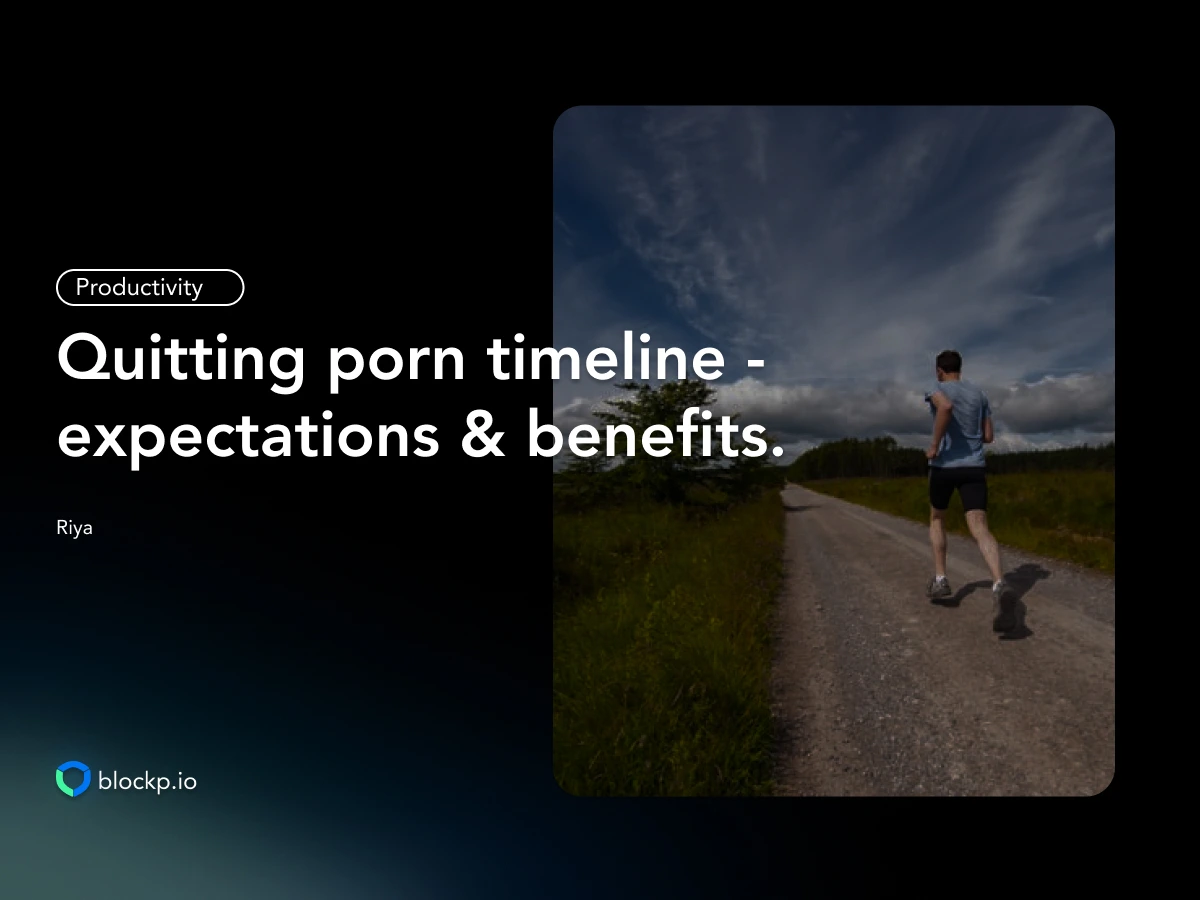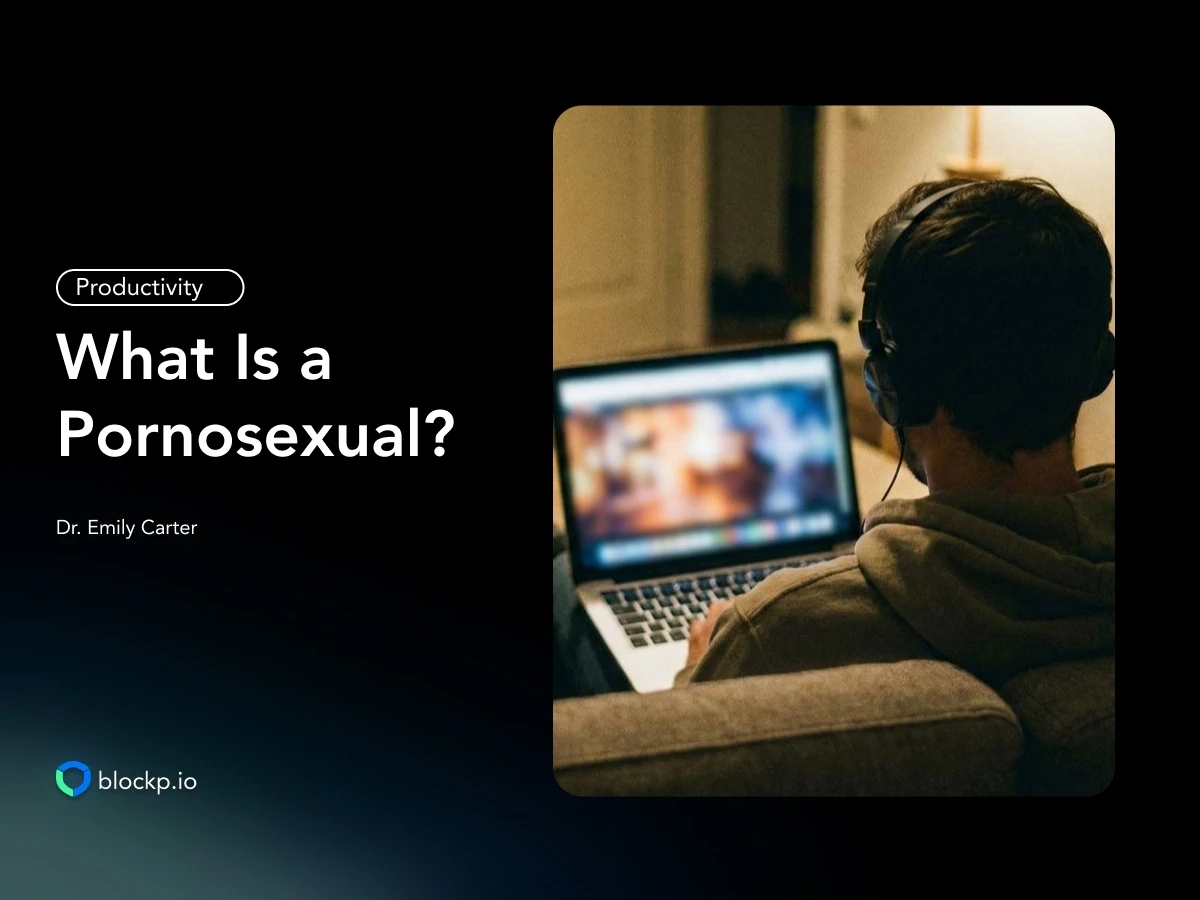ماذا يحدث عندما تتوقف عن مشاهدة المواد الإباحية؟
في رحلتك الخالية من المواد الإباحية، ستواجه تحديات أولية أثناء تعاملك مع أعراض الانسحاب ومحاولة بناء عادات جديدة. لكن إذا حافظت على انضباطك وتغلبت على هذه المرحلة الصعبة، فسيتعافى عقلك وجسدك، وستجد توازنًا جديدًا.
إذًا، ما هي الفوائد النفسية والجسدية للإقلاع عن مشاهدة المواد الإباحية؟ وكم من الوقت يستغرق التحرر من إدمانها؟ لنكتشف ذلك.
لماذا الإقلاع عن الإباحية؟
إن مشاهدة المواد الإباحية، حتى ولو بشكل عرضي، تحمل تكاليف جسدية وعقلية خفية.
الأشخاص الذين يشاهدون المواد الإباحية هم أكثر عرضة للإبلاغالخلل الوظيفي الجنسيالتحديات وانخفاض الرضا عن العلاقة. غالبًا ما يعاني مدمنو المواد الإباحية منتحديات الصحة العقليةمن اضطراب الدوبامين، والتوتر، والقلق، والاكتئاب. كما ترتبط مشاهدة المواد الإباحية بالشعور بالصراع الداخلي والشعور بالذنب.
ماذا يحدث عند الإقلاع عن مشاهدة المواد الإباحية؟ إنه يفتح لك بابًا لحياة أفضل. الإقلاع عن مشاهدة المواد الإباحية يُبطل آثارها الجسدية والنفسية والعاطفية الضارة، ويُعيد إنتاج الدوبامين.
ماذا يحدث عندما تتوقف عن مشاهدة المواد الإباحية جسديًا؟
ماذا يحدث عندما تتوقف عن مشاهدة المواد الإباحية – جسديًا؟
التأثير الأكثر دراماتيكية للإقلاع عن مشاهدة المواد الإباحية يحدث على دماغك وجهازك العصبي.
الاستخدام المنتظم للمواد الإباحية يغمر عقلك بـ الدوبامين، وهي المادة الكيميائية العصبية المرتبطة بالمتعة والمكافأة. مع التعرض المتكرر، يُطوّر دماغك تحمّلًا ويُخفّض مستوى مستقبلات الدوبامين.
ماذا يحدث لعقلك عندما تتوقف عن مشاهدة الأفلام الإباحية؟
تتاح لعقلك فرصة إعادة معايرة مسارات مكافأة الدوبامين الخاصة به.
ماذا يحدث لجسمك عندما تتوقف عن مشاهدة الأفلام الإباحية؟
عندما تتوقف مستويات الدوبامين لديك فجأة، سوف تعاني من أعراض الانسحاب مثل التعب والصداع والأرق.
مع ذلك، فإن آثار التخلص من السموم هذه مؤقتة، وبعد 90 يومًا من التوقف عن مشاهدة المواد الإباحية، تعود مسارات المكافأة في دماغك إلى مستوياتها الطبيعية. ومع استقرار جهازك العصبي، يمكنك التخلص من التحفيز المفرط والخمول الناتج عن مشاهدة المواد الإباحية لتشعر براحة طبيعية ونشاط بدني أكبر.
ماذا يحدث عندما تتوقف عن مشاهدة المواد الإباحية عقليًا؟
ماذا يحدث عندما تتوقف عن مشاهدة الأفلام الإباحية – عقليًا ونفسيًا؟
التحديات الأكثر عمقا و فوائد الإقلاع عن مشاهدة المواد الإباحيةيتم تجربتها عقليًا وعاطفيًا.
فيما يلي التحديات العقلية الأكثر شيوعًا على المدى القصير عند الإقلاع عن مشاهدة المواد الإباحية:
1. أنت تقول لا لمخرج سهل للإفراج الجنسي
أصبحت الإباحية وسيلةً مريحةً لتخفيف التوتر الجنسي. ولكن، ماذا يحدث عند التوقف عن مشاهدة الإباحية؟ يعاني الكثيرون من… فترة الخط الثابتحيث يتعين عليهم النضال مع انخفاض الرغبة الجنسية والاهتمام الجنسي.
عندما يتأثر دماغك بتأثير الدوبامين الناتج عن المواد الإباحية، قد تشعر أن العلاقة الحميمة غير الجنسية والجنس الحقيقي أقل إثارةً مقارنةً بهما. ومع ذلك، مع تعديل دماغك لأنظمة المكافأة، سيعود اهتمامك بالنشاط الجنسي الحقيقي.
2. أنت تفقد شكلًا سهلاً من أشكال تخفيف التوتر
وقد أظهرت الأبحاث أن56% من الرجالاعترف بمشاهدتك للاسترخاء وتخفيف التوتر. في مثل هذه الحالات، تُصبح المواد الإباحية آلية تكيف مناسبة لإدارة القلق والتوتر. ماذا يحدث عندما تُقلع عن مشاهدة المواد الإباحية؟ ستفقد هذا الحل السريع.
الآن عليك البحث عن آليات تأقلم صحية وحل المشكلات التي تُسبب لك التوتر. بعد التغلب على القلق والانفعال الأوليين، يمكنك التركيز على التعافي الدائم من خلال معالجة المشكلات الكامنة.
3. قد تعاني من أعراض الانسحاب
لقد اعتاد جسمك على التحفيز العصبي الكيميائي المفرط للمواد الإباحية. فماذا يحدث عندما تتوقف عن مشاهدة المواد الإباحية وتتخلى عن التحفيز المعتاد؟ يعترض جسمك وعقلك بظهور أعراض تشبه أعراض الانسحاب.
من الشائع الشعور بأعراض مثل صعوبة النوم، وصعوبة التركيز، وتشوش الذهن، والانفعال، وتقلب المزاج، والرغبة الشديدة في مشاهدة المواد الإباحية. هذا القلق شائع ومؤقت، إذ تتكيف دوائرك العصبية مع غياب المحفزات القوية للإباحية.
4. لقد انتهى حلك للملل والمشاعر السلبية
عندما يشعر الناس بالملل أو الوحدة أو القلق، غالبًا ما تملأ المواد الإباحية هذه الفجوة. ماذا يحدث عند الإقلاع عن الإباحية؟ يختفي هذا الحل السهل للمشاعر السلبية. لذا، قد يُشعرك هذا الانزعاج بالفراغ والقلق الاجتماعي.
تساعدك المواد الإباحية على الانفصال عن ضغوط الحياة الواقعية وتخدير نفسك، وذلك بإبقائك على ارتفاع دائم في مستوى الدوبامين وغيره من المواد الكيميائية العصبية. الآن، عليك أن تتحكم في انزعاجك ومشاعرك في مواقف الحياة الواقعية التي ساعدتك المواد الإباحية سابقًا على تجنبها.
الخبر السار هو أن أي تحديات تواجهك عند الإقلاع عن الإباحية هي مرحلة عابرة. وبينما يتكيف جسدك وعقلك مع الحياة بدونها، إليك الآثار الإيجابية على صحتك النفسية:
- إن الإقلاع عن مشاهدة المواد الإباحية يوفر لك الوقتالهوايات التي تمنح الحياة.لديك كل هذا الوقت والطاقة الإضافية التي يمكنك إعادة توجيهها نحو ممارسة الرياضة، وتعلم مهارات جديدة، والمشاريع الإبداعية.
- عندما لا تشتت انتباهك باستمرار بسبب الرغبة الشديدة في مشاهدة المواد الإباحية، يمكنكركز على أهدافك.إن وجود هدف ذي معنى يساعدك على التفاعل مع الحياة بشكل أفضل والبقاء متحفزًا.
- استخدام المواد الإباحية لإدارة التوتر يُخفي المشاكل الكامنة. أما الإقلاع عن المواد الإباحية فيُتيح لك…تقليل القلق والاكتئابمن خلال معالجة السبب الجذري وتطوير آليات التكيف الصحية.
- بمجرد رفع ضباب الدماغ الناتج عن المواد الإباحية، ستلاحظتحسين الوضوح العقلي والتركيزيمكنك التركيز بشكل أفضل والحصول على سيطرة أكبر على دوافعك.
- الإقلاع عن الإباحيةيساعد علاقاتكمن خلال تعزيز الثقة والألفة والتواصل العاطفي. كما ينعم الأزواج بعلاقة حميمة ورضا جنسيين أكبر.
- يساعدك التحرر من المواد الإباحية على إعادة تعلم الإثارة الجنسية وعكس الاختلالات الجنسية الناجمة عن المواد الإباحية.تعمل الانتصابات المحسنة والرغبة الجنسية على زيادة الثقة الجنسية وتقليل قلق الأداء.
- السرية والصراع الأخلاقي في المواد الإباحية قد يكونان حلقة مفرغة. الإقلاع عن الإباحيةيحررك من هذا العار والذنب.إنه يجعلك تشعر بمزيد من الثقة والأصالة.
- الإباحية تُنشئ مسافة بينك وبين الله. الإقلاع عنهايزيل الحاجز أمام نموك الروحيويدعمك لتصبح متوافقًا مع قيمك.
كم من الوقت يستغرق الإقلاع عن الإباحية؟
الآن بعد أن عرفنا ما يحدث عندما تتوقف عن مشاهدة المواد الإباحية جسديًا وعقليًا، دعنا نلقي نظرة على الجدول الزمني للتعافي من إدمان المواد الإباحية –
1. الأسبوع الأول
هذه هي أصعب فترة، حيث ستشعر بأعراض انسحاب حادة كالأرق، والانفعال، والقلق، والصداع، وغيرها. وبينما يتكيف عقلك وجسمك، من الطبيعي أن تشعر بتذبذب بين الرغبة الشديدة في مشاهدة المواد الإباحية وفقدان الاهتمام بها تمامًا.
2. الأسابيع من 2 إلى 4
يبدأ ركود الرغبة الجنسية أو انخفاضها في الأسبوع الثاني تقريبًا. قد يستمر تقلب المزاج، والتعب، والقلق الاجتماعي، وضبابية التفكير مع تعمقك في روتينك الجديد الخالي من المواد الإباحية.
3. بعد شهر
هذه نقطة تحول، إذ تبدأ أعراض الانسحاب بالانحسار وتصبح الآثار الإيجابية أكثر وضوحًا. ستشعر برغبة أقل في تناول المخدرات، وسيتحسن مزاجك.
4. بعد ثلاثة أشهر
بواسطة90 يومًايصبح نظام مكافأة الدوبامين لديك طبيعيًا إلى حد كبير، ولن تشعر إلا برغبات عابرة. طالما استمرت المحفزات، ستشعر بمزيد من الاستقرار العاطفي والتركيز.
كيف يمكن أن يساعدك BlockP في الإقلاع عن المواد الإباحية؟
BlockP هو الأفضل مانع المواد الإباحيةالذي يدعم رحلتك للتخلص من إدمان المواد الإباحية عن طريق تقليل الرغبات وتعزيز الانضباط.
- يستخدم BlockP الذكاء الاصطناعي والتصفية على مستوى الشبكة لاكتشاف المحتوى الفاضح وحظره فورًا. يحظر جميع النصوص والفيديوهات والصور غير المرغوب فيها لمنع التعرض غير المقصود الذي قد يُثير الرغبة في مشاهدة المواد الإباحية.
- يحظر ملايين المواقع الإباحية فورًا، ويتيح لك أيضًا تفعيل حظر الكلمات المفتاحية المخصصة لتصفية محفزاتك الشخصية. كما أنه محمي بكلمة مرور لمنع إلغاء التثبيت والانتكاسة في لحظات الإغراء.
- يمكنك إضافة شريك حياتك أو صديق موثوق كشريك مسؤولية وإعطائه كلمة مرور BlockP. سيُنبهه مانع المواد الإباحية بإشعارات عند محاولته الوصول إلى المواد الإباحية.
- يُمكّنك تطبيق BlockP من تقليل عوامل التشتيت بفضل وضع التركيز الذي يحدّ من استخدام التطبيقات المُشتتة. كما تُساعدك مُحفزات التأمل والاقتباسات التحفيزية على تنظيم استهلاكك الرقمي.
- يوفر لك تطبيق حظر المواد الإباحية أيضًا مجتمعًا داعمًا عبر الإنترنت، حيث يمكنك التواصل مع أشخاص آخرين يمرون بنفس المعاناة. يوفر هذا المجتمع المساءلة والتحفيز للتعافي.

